Every Moment holy - Money guide
In part 2 of our series, Every Moment Holy, Jordan explores the formative power of money and economics, contrasting the story of mammon—a system of exploitation and bondage—with the biblical vision of Jubilee, where debts are forgiven, communities are restored, and human flourishing takes center stage. Jesus invites us to reimagine our participation in economic systems, embracing his way of forgiveness, justice, and holistic freedom in our lives and communities.
Opening Reflection
Begin by inviting participants to take a moment of silence and reflect on this question:
What role does money play in shaping your everyday decisions and relationships?
Encourage everyone to share briefly if they feel comfortable.
Scripture Reading
Read the following passages together:
Luke 4:18-19 (Jesus’ proclamation of freedom and Jubilee)
Matthew 6:24 (Jesus’ teaching on serving God vs. mammon)
Key Themes from the Sermon
Money as a Story
Economics is more than financial systems; it tells a story that shapes our values and relationships.
Jesus identifies "mammon" as the spiritual reality tied to financial systems, showing money’s influence isn’t neutral.
The Way of Jubilee
Biblical practices like the Sabbath and Jubilee remind us that God desires justice, equity, and freedom.
These practices resist exploitation and seek the flourishing of all people.
Modern Economic Realities
Our current systems reflect polarization: debtors vs. creditors, and clients vs. patrons.
Practices like payday lending perpetuate cycles of harm, highlighting the need for countercultural generosity.
The Call to Reimagine Economics
Followers of Jesus are invited to resist the story of mammon by creating systems that prioritize human flourishing.
Jubilee offers a vision of justice, forgiveness, and wholeness in our lives and communities.
Discussion Questions
Exploring the Problem
How have you experienced the influence of economics (mammon) shaping your values or identity?
What are some ways you’ve seen economic systems create harm or inequality in your community?
Engaging with Scripture
In Luke 4, Jesus proclaims Jubilee freedom. What does this freedom mean to you personally and as a community?
Why do you think Jesus placed such emphasis on economic justice alongside spiritual freedom?
Reflecting on Our Practices
How can we discern when our financial decisions align with the values of Jubilee or mammon?
Have you ever set limits on your income, spending, or consumption as an act of faith? What did you learn from that experience?
Imagining Solutions
What would it look like for our group or community to participate in economic practices that reflect Jubilee?
The sermon mentioned creating a small loan pool or educating others about payday lending. What other practical ideas could we explore to embody economic justice?
Practical Next Steps
Personal Reflection
Spend time this week reviewing your budget or financial habits. Ask: Are my practices contributing to flourishing for myself and others?
Community Action
Research local organizations working on financial literacy or advocacy against predatory lending. How can your group support them?
Group Challenge
Consider starting a small fund to support those in financial emergencies. How might this be a tangible expression of Jubilee in your community?
Closing Prayer
Invite the group to pray together, focusing on gratitude for God’s provision and a desire to participate in His vision of justice and freedom.
Sample Prayer:
“God of justice and mercy, thank You for Your provision in our lives. Teach us to live generously and wisely, resisting the story of mammon and embracing Your story of Jubilee. Help us to seek freedom for those in bondage, equity for the oppressed, and wholeness for all people. Guide our hearts and hands to reflect Your kingdom in every moment. Amen.”

